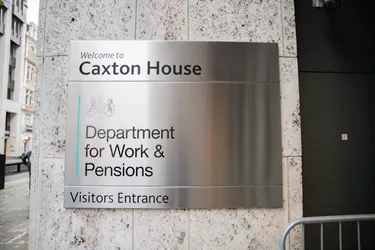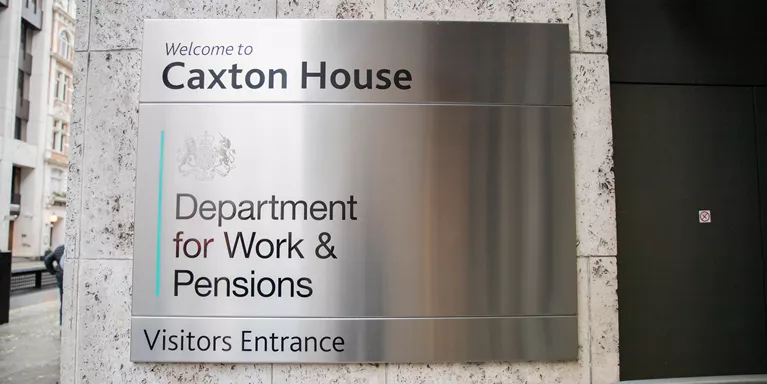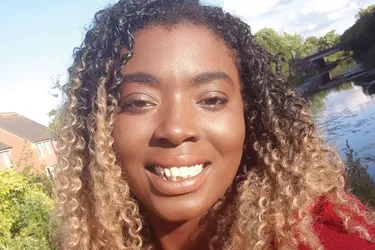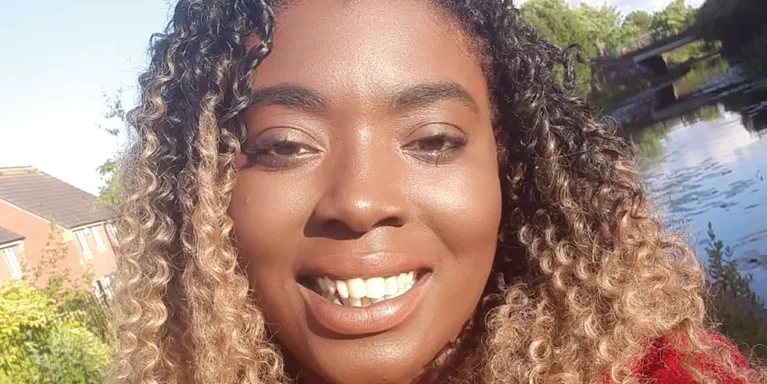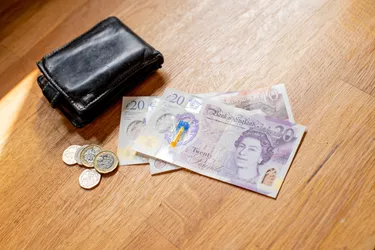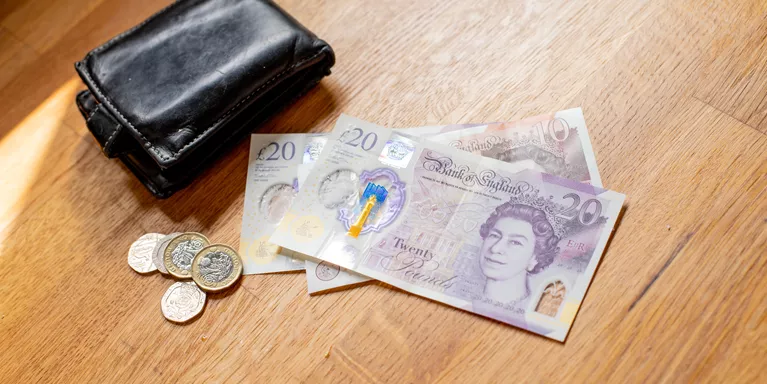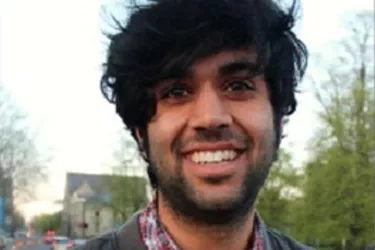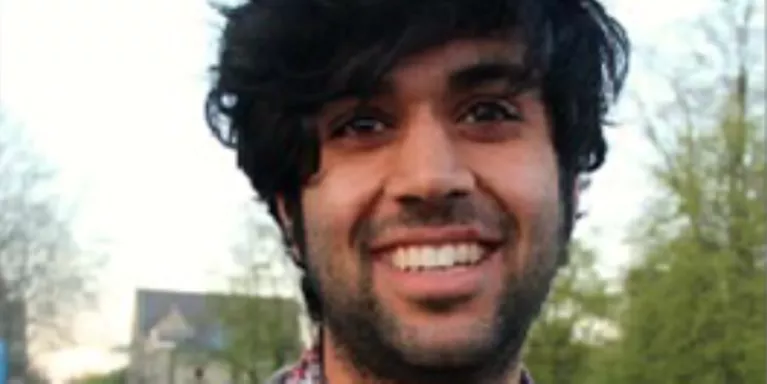Being broke, broke me
Cheryl blogs about the importance of recognising the relationship between poverty and poor mental health.
This blog discusses suicidal feelings.
When the first lockdown happened, I had just begun to recover from the lowest period of my life. A divorce after 27 years of marriage, being made homeless, having no money and being isolated, had made me into another person. Someone I didn’t recognise.
I was living on Universal Credit, trying to claim Personal Independence Payment (PIP) for my health issues. I was having support from various services, but with the beginning of the lockdown it all seemed to vanish. I was alone in a fourth floor flat. I didn’t see or speak to other people for weeks at a time, but I was trying to stay strong for my adult children who were also struggling.
“I had no money, no friends and was estranged from my family. Life felt unbearably bleak and lonely.”
It was the following year that broke me, though. My son was seriously ill, and I couldn’t get to the hospital to see him. I had no money, no friends and was estranged from my family. Life felt unbearably bleak and lonely. I didn’t know it at the time, but I had undiagnosed post-traumatic stress disorder (PTSD) both from my marriage and the years after it ended. I was on a waiting list for cognitive behavioural therapy (CBT) and having support phone calls from an NHS talking therapies programme called Improving Access to Psychological Therapies (IAPT). But I wasn’t seeing anyone face-to-face and I was getting lower and lower.
I have a chronic illness that causes fatigue and joint pain and support for this had also vanished. I was constantly anxious about money, living from month to month on Universal Credit, paying off debts I had run up when I was unhappily married. There was no money spare for Christmas or birthday presents.
Losing interest in life
I lost interest in anything that made my life more pleasurable. My life became a cycle of dragging myself out of bed to the sofa and sitting there all day, then going back to bed again. I had to force myself out of the flat to get food but even that became too much, and it was easier not to bother. When IAPT phoned I broke down and said I’d had enough, there was no reason at all for me to keep going and I didn’t want to be here anymore. I wanted it all to stop. IAPT contacted the mental health crisis team who visited me the next day and for the next two weeks. They helped me out of the dark place. But it has been the follow-up support from a local Mind that has been most important to me. I’m still having regular visits and phone calls with Karen, my outreach worker. The consistent and non-judgemental support makes such a difference to my life.
I feel less isolated and that my feelings are heard. I have been able to attend a local support group which has helped with the feeling of loneliness. I can phone any time of day or night and know that someone will be able to talk to me when things feel hopeless.
I’m not quite there yet though the right medication has helped, and I’m finding it easier to cope than I was a year ago. I’m waiting for CBT and I’m learning to be compassionate with myself. The connection between poverty/financial insecurity and mental health is real. It has taken me to a place I never want to revisit.
“What helped me? Acceptance, reflection. The realisation that a life lived differently is still a life, it’s still worthwhile.”
When you don’t have any money to socialise, to join things, to pay for transport to things, it’s easy to become isolated. If you don’t have money, it’s harder to meet people, to make friends. It compounds daily and eventually you give up trying to do anything about it. After my first visit to the food bank in 2019, I wrote this in my journal:
“Got my voucher for the foodbank. They were lovely, but I feel like I’ve left the real world behind for good. I’m in a different country now, and I don’t speak the language and the money is strange. I walked home watching all the big shiny cars going past, driven by normal shiny people with normal lives, and money and security. I feel like some kind of vermin in a trap watching life from a distance. Confused, angry, helpless. I’m a lower form of life now.”
Accepting myself and seeing my strengths
What helped me? Acceptance, reflection. The realisation that a life lived differently is still a life, it’s still worthwhile. The outreach support that I receive makes this possible for me in a way that other services haven’t been able to deliver. It has enabled me to build on strengths I thought I’d lost for good. I’m still living on very little money but now I’m beginning to look at finding some work I can do for a few hours a week.
I’m glad to see Mind acknowledge the link between poverty and poor mental health. Feeling heard and seen is so important. It’s easy to feel that you’re not part of ‘normal’ society because you’re depressed or anxious and you’re not able to hide it. Lack of money just reinforces this.
Moving forward, I feel stronger and calmer and more able to cope with my life. The right support at the right time from the right people can be life changing.


Information and support
When you’re living with a mental health problem, or supporting someone who is, having access to the right information - about a condition, treatment options, or practical issues - is vital. Visit our information pages to find out more.
Share your story with others
Blogs and stories can show that people with mental health problems are cared about, understood and listened to. We can use it to challenge the status quo and change attitudes.










